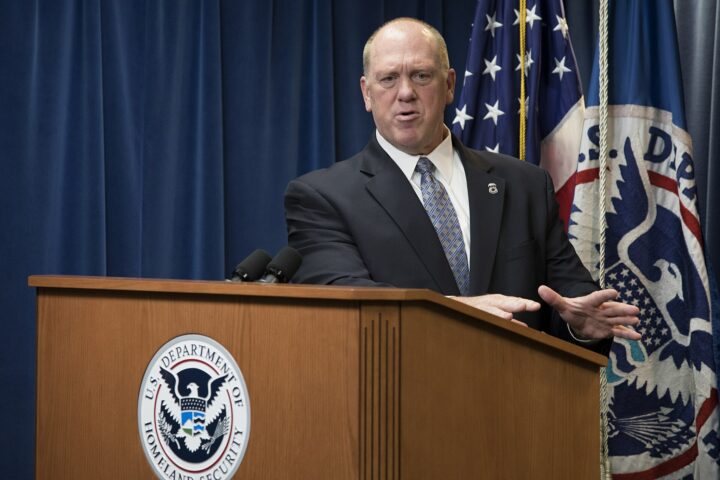Former President Donald Trump is scheduled to receive his first physical exam of his second term at Walter Reed National Military Medical Center, once again raising national debate about the health and transparency of aging U.S. political leaders.
“I’ve never felt better, but these checkups are still necessary!” Trump posted on social media ahead of the visit.
At 78 years old, Trump now holds the distinction of being the oldest U.S. president ever to begin a second term—eclipsing President Joe Biden, who also assumed office at the same age. The close age gap between the two men has kept public attention fixed on a growing concern in American politics: the mental and physical fitness of elderly candidates seeking the nation’s highest office.
Trump has a mixed record of public health disclosures, noted NPR. During his first term, his 2018 physical exam was notably upbeat, with then-White House physician Dr. Ronny Jackson attributing Trump’s overall health to “great genes.” Jackson even joked that if Trump had followed a better diet, he could have lived to 200.
Despite such praise, Trump’s known lifestyle—frequent fast food consumption, limited exercise, and weight fluctuations—has long sparked concern. In 2023, during his campaign for reelection, Trump released a doctor’s letter highlighting recent weight loss and “exceptional” cognitive test results. However, the statement offered no supporting data or detailed findings.
Cognitive testing has since become a key part of Trump’s campaign narrative. He has repeatedly called for mandatory cognitive assessments for all presidential and vice-presidential candidates. Meanwhile, Biden’s team has declined to include cognitive exams in his official checkups, arguing that his consistent day-to-day responsibilities reflect sufficient mental sharpness.
Presidents do benefit from some of the world’s best healthcare, often enjoying longer life spans than the general population. However, mental fitness evaluations largely depend on voluntary disclosures. Medical records are protected under federal privacy laws, and there is no legal requirement for a president to publicly release them.
Historically, White House occupants have been known to hide serious health issues. John F. Kennedy, for instance, suffered from Addison’s disease, while Woodrow Wilson’s debilitating stroke was concealed from the public by his inner circle.
Dr. Jeff Kuhlman, who served as physician to three U.S. presidents, has publicly advocated for more comprehensive and transparent cognitive testing, something Trump did during his first term.
Cognitive testing came to the forefront following Joe Biden’s time in the White House. Since leaving the White House, many of the former president’s staff have admitted that the president routinely struggled with mental acuity throughout his term.








